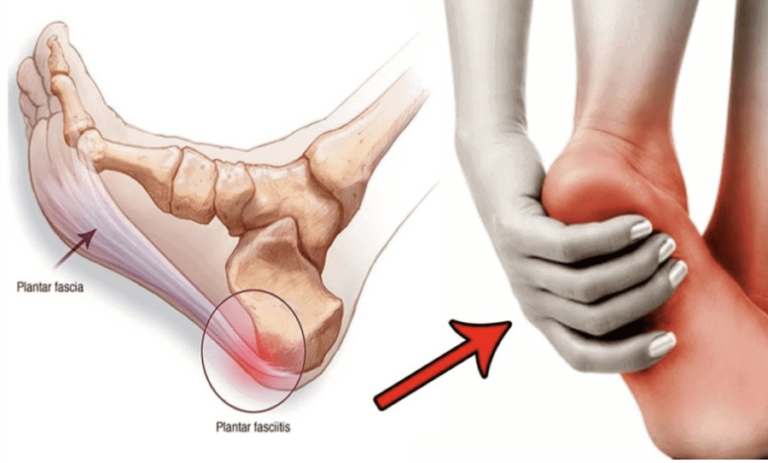How Neurology Specialists Diagnose and Manage Migraines
Migraines cause debilitating headaches that can significantly disrupt daily life. Specialized neurological care offers comprehensive treatment approaches that can improve the quality of life for those suffering from this condition. Understanding what neurology encompasses and how specialists approach migraine diagnosis and treatment can help you make informed decisions about your care.
What Is Neurology?
Neurology is a medical specialty focused on diagnosing and treating disorders of the nervous system. This field encompasses conditions affecting the brain, spinal cord, peripheral nerves, and muscles. Neurologists are physicians who have completed specialized training in these complex systems and their associated disorders.
The nervous system controls most bodily functions, from basic reflexes to complex cognitive processes. When neurological problems occur, they can manifest in various ways, including headaches, seizures, memory issues, movement disorders, and pain conditions. Neurologists use their expertise to identify the root causes of these symptoms and develop targeted treatment plans.
What Are the Available Services?
Neurological practices offer a comprehensive range of services tailored to address various conditions and patient needs. Diagnostic services form the foundation of neurological care, encompassing advanced imaging studies and electroencephalograms (EEGs), which enable the identification of underlying causes of neurological symptoms. Treatment services vary depending on the specific condition but may include medication management and therapeutic injections.
What Are Migraines?
Migraines are neurological disorders characterized by recurring headaches that are often severe and debilitating. These headaches typically affect one side of the head and may be accompanied by nausea, vomiting, and sensitivity to light and sound. The pain is usually described as pulsing or throbbing and can last from hours to days.
Migraines differ from regular headaches in their intensity, duration, and associated symptoms. Some individuals experience an aura before the headache begins, which may include visual disturbances, tingling sensations, or difficulty speaking. The condition affects women more frequently than men and often has a genetic component.
How Are They Diagnosed?
Diagnosing migraines requires a comprehensive approach that combines clinical assessment with careful evaluation of symptoms and medical history. Specialists begin by reviewing the patient’s symptom patterns, including headache frequency, duration, triggers, and associated symptoms. The diagnostic process includes a thorough physical and neurological examination, which helps rule out other neurological conditions that may be causing the symptoms. Magnetic resonance imaging (MRI) may be recommended to rule out structural abnormalities or other underlying conditions.
How Do Specialists Manage Migraines?
Migraine management involves both prevention and acute treatment strategies tailored to each patient’s specific needs and symptom patterns. Prevention medications may be prescribed for individuals who experience frequent migraines or those that impact daily functioning. Rescue medications provide relief during acute migraine attacks.
Advanced treatment options are available for patients who do not respond adequately to traditional medications. Botox injections may be effective for preventing chronic migraines. Nerve blocks provide targeted relief by temporarily blocking pain signals in specific nerve pathways.
Calcitonin gene-related peptide (CGRP) inhibitor injections represent a newer class of migraine prevention treatments. These medications specifically target the CGRP pathway, which plays a key role in migraine development. VYEPTI is an example of an intravenous CGRP inhibitor that can be administered in clinical settings for migraine prevention.
See a Neurology Specialist Now
Neurological specialists offer comprehensive approaches that go beyond simple pain management to address the root causes of migraine disorders. If you experience frequent or severe headaches that interfere with your daily activities, consulting with a neurologist can provide access to specialized diagnostic tools and advanced treatment options. Early intervention and proper management can significantly improve your quality of life and reduce the impact of migraines on your daily routine.
- The Importance of Enterprise Document Management for Modern Businesses
- Managed IT and Cybersecurity Solutions for Financial Services
- Selling a Trade Business Successfully in Today’s Competitive Market
- AI-Powered Lead Generation for Modern B2B Growth
- Understanding Modern Window Systems in Contemporary Architecture






